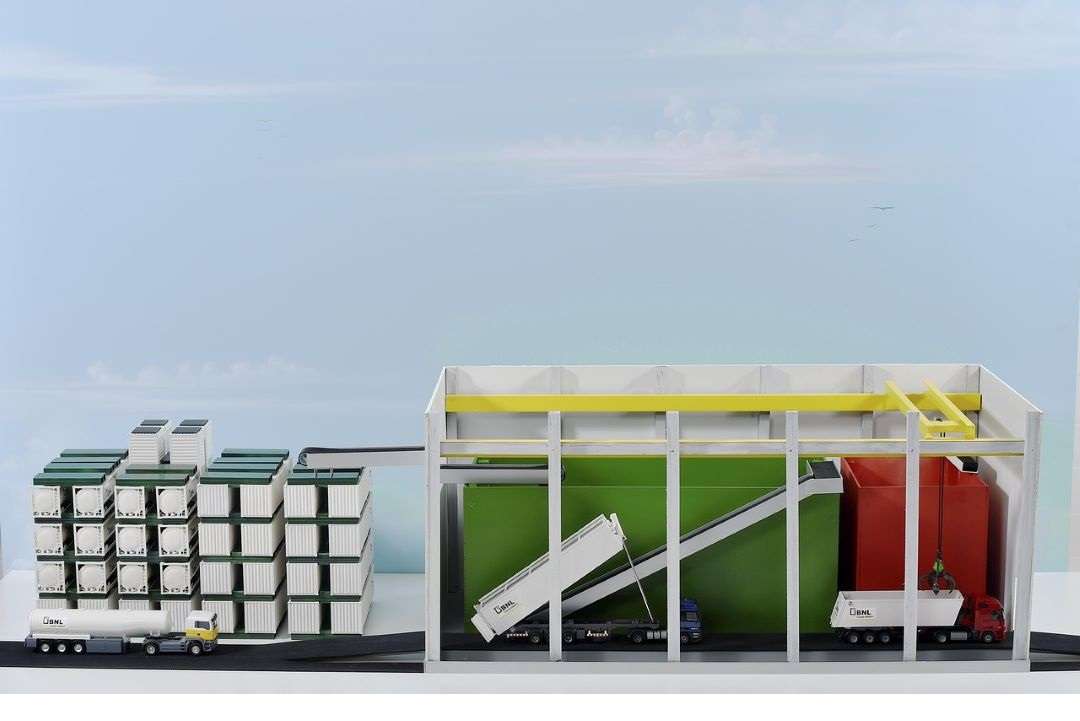Grainspan Nutrients Pvt Ltd, a Gujarat-based food ingredient and biofuel producer, has invested ₹520 crore to establish two grain-based ethanol plants in Ahmedabad. The move is part of the company’s strategy to contribute to India’s growing ethanol blending programme, supported by the central government’s interest subsidy scheme.
Both plants use maize and rice as raw material and together have an installed production capacity of 350 kilolitres per day. The company launched its first ethanol plant in May 2023 at Bhamsara village in Ahmedabad district with a daily capacity of 110 kilolitres—marking Gujarat’s first grain-based ethanol facility.
Encouraged by its performance, Grainspan recently commissioned a second, larger plant at the same site. Built at a cost of ₹360 crore, this facility adds another 240 kilolitres per day to its output. Grainspan supplies ethanol to Oil Marketing Companies (OMCs) under the government’s Ethanol Blending Programme (EBP), which aims to reduce dependence on fossil fuels.
“We were the first in Gujarat to build a grain-based ethanol plant, and today we operate two of the three such facilities in the state,” said Manoj Khandelwal, CEO of Grainspan. “The government’s interest subsidy played a key role in supporting our initial project.”
The company began as a food ingredients manufacturer in 2014 and expanded into ethanol production to diversify operations, capitalizing on policy incentives. This shift has positively impacted revenues, with Grainspan reporting a 20% increase in turnover to ₹758 crore in the last financial year—₹416 crore from its core food business and ₹342 crore from ethanol. CFO Pankit Shah confirmed that the company secured a ₹120 crore loan for its first ethanol facility under the government’s subsidy scheme. However, the second project was financed without interest support.
In the ongoing 2024–25 Ethanol Supply Year (ESY), which runs from November to October, Grainspan expects to supply around 8 crore litres of ethanol to OMCs at an average rate of ₹72 per litre. For the following year, the volume is projected to rise to 12 crore litres, pushing revenues from ethanol beyond ₹800 crore.
Statewide, Gujarat also hosts 13 sugarcane-based distilleries. Ethanol blending in the state has reached 18.9% as of June 8, with over 33 crore litres supplied so far this year.
Nationally, the central government has introduced multiple interest subvention schemes between 2018 and 2022 to encourage ethanol production, including from grain-based sources beginning in 2021. These schemes offer interest support of up to 6% or 50% of the interest amount, whichever is lower, for five years (including a one-year grace period). A fresh subsidy initiative for cooperative sugar mills was also launched in March 2025 to facilitate the transition to multi-feed ethanol production.
India’s ethanol production capacity has grown over fourfold in the last decade. From just 421 crore litres in 2013, it now stands at approximately 1,810 crore litres—comprising 816 crore litres from molasses, 136 crore litres from dual-feed units, and 858 crore litres from grain-based facilities.
This expansion has significantly improved blending rates. In 2013–14, ethanol supply to OMCs was just 38 crore litres, achieving a blend of only 1.53%. By ESY 2023–24, blending had reached 14.60% with 707 crore litres supplied. In the current cycle (2024–25), blending has already touched 18.74% with 548 crore litres delivered as of May 25. The central government aims to reach 20% ethanol blending by 2025–26.







